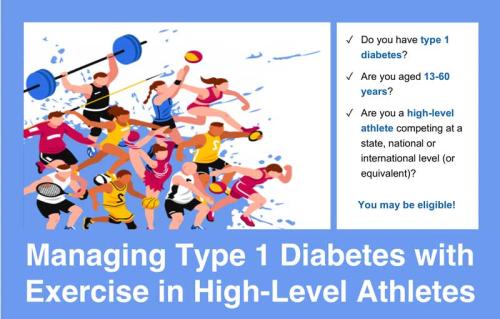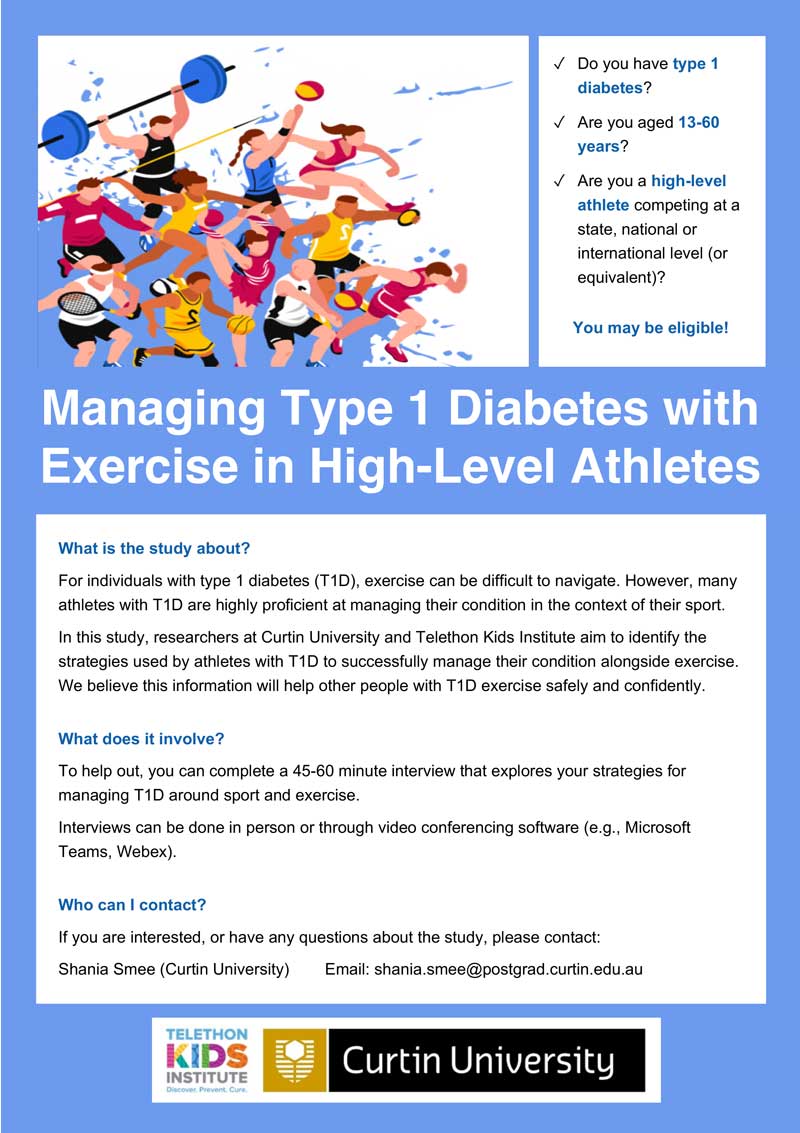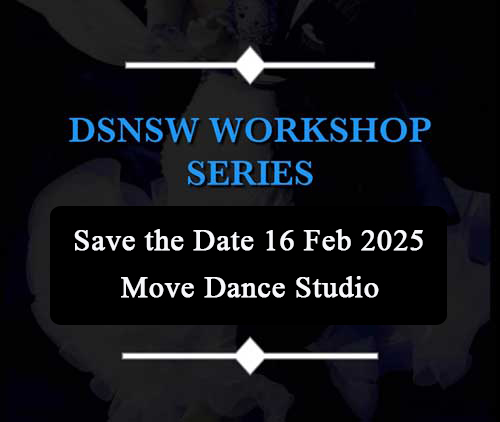

Research Project on Athletes with Type 1 Diabetes
Participants needed: managing type 1 diabetes during exercise in high-level athletes
Although regular exercise is a cornerstone therapy for managing type 1 diabetes (T1D), many with this condition are not meeting physical activity guidelines. This is partly due to the wide-ranging and significant effects exercise can have on blood glucose. However, many athletes with T1D are proficient at managing their condition in the context of their sport. For this reason, their strategies may offer valuable guidance that helps other people with T1D exercise safely and confidently.
The aim of this study is to identify the strategies used by athletes with T1D to successfully manage their condition during sport and exercise.
Who is doing the Research?
The study is a project conducted by a team of researchers from Curtin University and the Children’s Diabetes Centre at Telethon Kids Institute.
Who can participate?
- People aged 13-60 years
- Who have type 1 diabetes
- Are a high-level athlete, competing at a state, national or international level (or equivalent)
What does it involve?
To help out, you will complete a 60-minute interview that explores your management strategies for exercise. Specifically, you will be asked questions about your T1D management for training and competition, key information source/s, and any challenges or facilitators to exercise.
This can be done either in person or through video conferencing software (e.g., WebEx, Microsoft Teams).
Are there any benefits to being in the research project?
There are no direct benefits to participating in this research. However, the outcomes of this study will help identify common practices associated with the successful management of T1D during sport and exercise that can be used to help other people with T1D enjoy the benefits of a physically active lifestyle.
How can I find out more?
If you are interested, or have any questions about the study, please contact Shania Smee (Curtin University) at shania.smee@postgrad.curtin.edu.au








